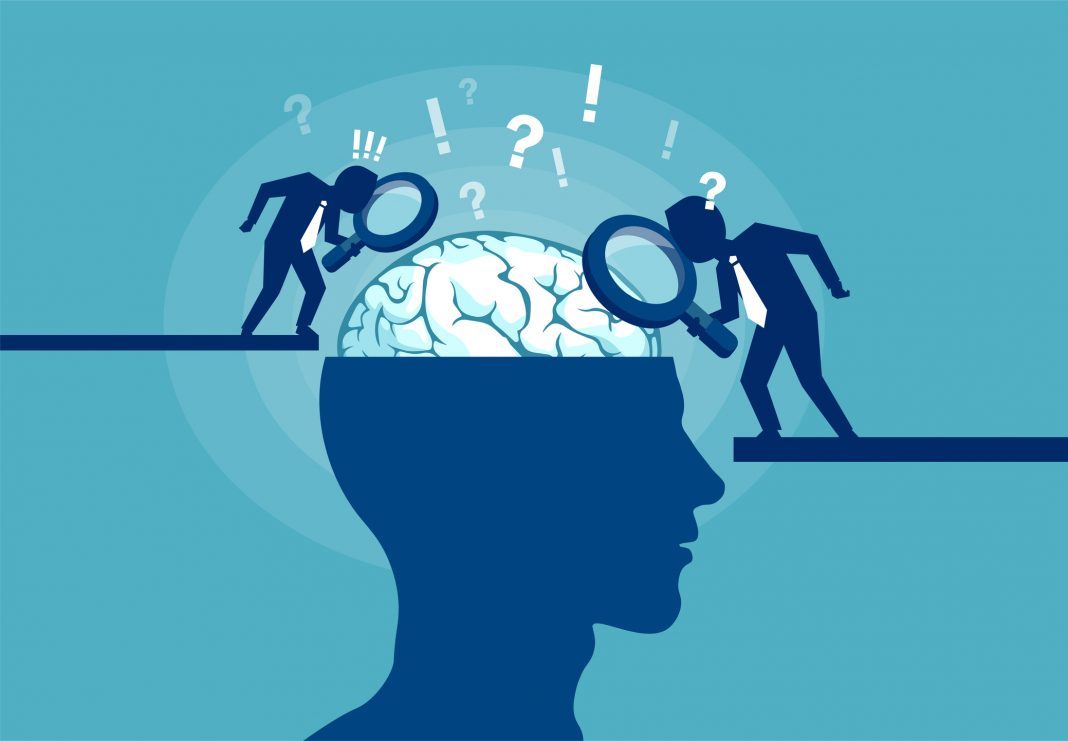Hormones are one of the primary ways the body controls its myriad functions. Most of the hormones our bodies produce are controlled at least in part by the brain, but those hormones can also affect the brain itself. Brain injury may occasionally cause damage to the hypothalamus and/or pituitary gland and damage to these areas can lead to insufficient or increased release of one or more hormones, which causes disruption of the body’s ability to maintain homeostasis. A new mouse study demonstrates how hormones may play a role on brain injury and stroke. An international team of researchers reported that hormones released after a brain injury contribute to movement problems on the left and right sides of the body. Their findings suggest that hormone-blocking treatments may help counteract these effects.
Their findings are published in the journal eLife in a paper titled, “Left-right side-specific endocrine signaling complements neural pathways to mediate acute asymmetric effects of brain injury.” The researchers are from Uppsala University and Lund University in Sweden. The team also included researchers from the University of Porto, Portugal, University of Southern Denmark, Lomonosov Moscow State University, and National Research University Higher School of Economics in Russia.
“Brain injuries can interrupt descending neural pathways that convey motor commands from the cortex to spinal motoneurons,” wrote the researchers. “Here, we demonstrate that a unilateral injury of the hindlimb sensorimotor cortex of rats with completely transected thoracic spinal cord produces hindlimb postural asymmetry with contralateral flexion and asymmetric hindlimb withdrawal reflexes within three hours, as well as asymmetry in gene expression patterns in the lumbar spinal cord.”
Recent studies have shown that giving rats without a brain injury certain hormones can cause movement responses similar to human motor deficits on one side of the body. “This led us to ask whether pituitary hormones might mediate in part the side-specific movement problems humans can experience after brain injury,” explained Georgy Bakalkin, PhD, professor at the department of pharmaceutical biosciences, Uppsala University, Sweden, and a co-senior author of the study.
The researchers examined the effects of a one-sided brain injury in rats that lacked the connection between the brain and nerves that regulate the hindlimbs. They found that, even without this connection, the hindlimb on the opposite side to the injury had impaired reflexes.
Two pituitary hormones ß-endorphin and Arg-vasopressin appeared to play a role. The team then gave rats without a brain injury these two hormones and found that they also developed hindlimb contraction on the right side.
Next, they tested what would happen if they gave the rats with a left-sided brain injury drugs that block the effects of these two hormones. They found that the animals did not develop right-sided movement problems.
“These observations suggest that the endocrine system through hormones in the blood may selectively target the left and right sides of the animals’ bodies,” Bakalkin concluded. “This is an unusual phenomenon that requires verification in other animal models. We must be cautious in the interpretation of these findings and their biological implications before further research is carried out. But if future studies confirm the benefits of treatments that block these hormones, they may offer a new approach to treating movement problems following stroke or injury.”



